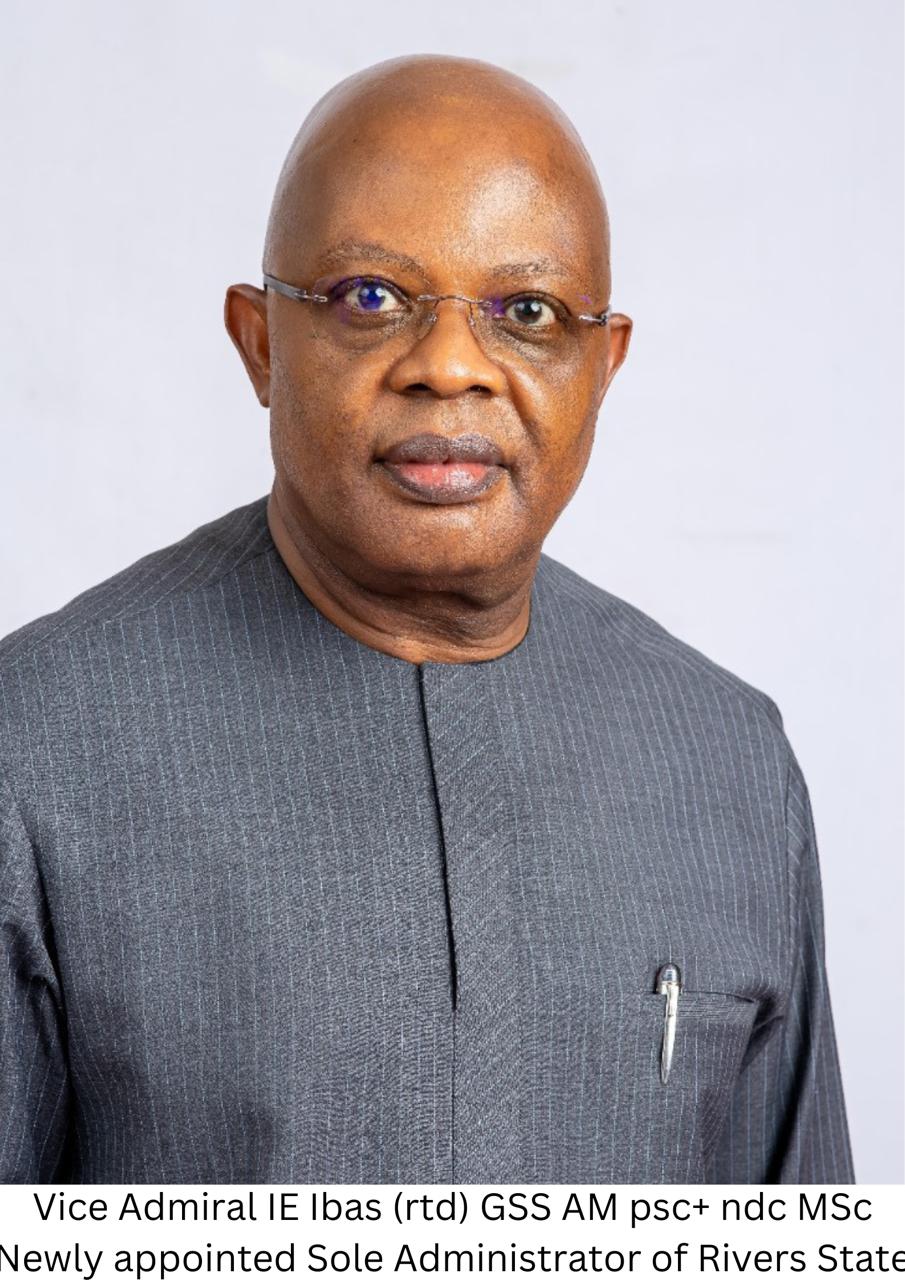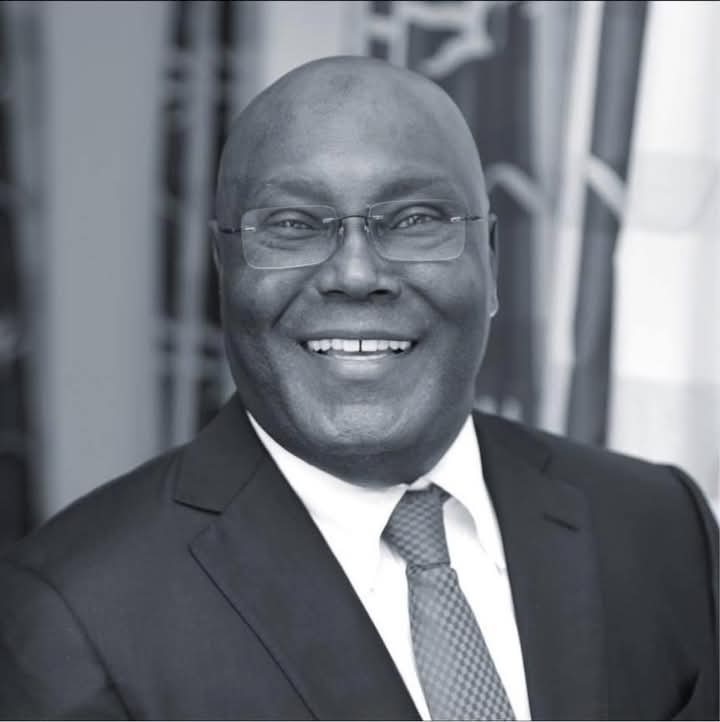SIM Registration & Replacement: Regulatory Instruments Vital For Industry To Meet Demands – Prof Danbatta.
By Helen Udoh-Abuja
The Executive Vice Chairman/CEO, Nigerian Communications Commission (NCC), Prof Umar Garba Danbatta, says regulatory instruments are vital to ensure that regulatory frameworks that pertain to SIM Registration and Replacement in the communications industry meet the demands of the digital age.
Danabatta who made this assertion at the public inquiry on three(3) regulatory instruments held on Tuesday in Abuja, noted that the three key regulatory instruments have been developed to address the challenges of the ever evolving Communications Industry and to further strengthen the market structure.
According to him, the public inquiry is also in line with the Commission’s consultative approach in all its regulatory interventions.
He said,”The regulatory instruments being reviewed are vital to ensuring that the regulatory frameworks that pertain to SIM Registration and Replacement in the communications industry meet the demands of the digital age and also further enhance the flexibility of the Spectrum Trading regime.
“The first instrument, the Registration of Telephone Subscribers Regulations, provides a regulatory framework for the registration of subscribers of communications services utilizing subscription mediums.
“The second instrument, SIM Replacement Guidelines, provides guidance on the standards and procedure which Network Service Providers (NSPs) are expected to adhere to in the process of conducting a SIM Replacement, swap or upgrade.
“It is pertinent to add that the Commission has also introduced Business Rules for SIM Registration and SIM Replacement to further ensure that the process for SIM activation and Replacement is seamless.
“The third instrument, which is the Spectrum Trading Guidelines, seeks to promote certainty and transparency in the processes of the Commission by outlining the detailed procedure and conditions for Spectrum Trading in the Nigerian communications sector.
“The availability of spectrum frequency is a necessary element in the deployment of the Fifth Generation (5G) technology in Nigeria. Furthermore, the recent approval of the 5G Deployment Plan by the Federal Government makes this process expedient.”
Danbatta stressed that the public inquiry is a precursor to the Commission’s current drive towards ensuring that frequency spectrum is readily available to Licensees through a rapid and effective process.
“Also, in view of the resolve of the Federal Government to tackle insurgency and insecurity through citizen identity management, it has become necessary to ensure that the provisions of the Registration of Telephone Subscribers Regulations and SIM Replacement Guidelines are in alignment with the National Identity Policy for SIM Card Registration and related activities.
“It is also important to state that the revision of both instruments is geared towards ensuring a more secure and robust process for the registration/activation and replacement of SIM’s.
“It is our expectation that this review will ensure a more robust framework for the registration of subscribers of communication services, improve the standards and procedures for SIM Replacements and ensure effective and efficient utilisation of frequency spectrum,” he said.
The Executive Commissioner, Stakeholders’ Management of the Nigerian Communications Commission (NCC), Adeleke Adewolu remarked that the public inquiry is an avenue that enables the Commission develop and review its regulatory instruments by incorporating the comments and suggestions of industry stakeholders.
He noted that the process ensures that the regulatory instruments issued by the Commission are in consonance with the best practices in the industry.
“Accordingly, the Commission has decided to review three key and important regulatory instruments: (a) The Registration of Telephone Subscribers Regulation, b) the SIM Replacement Guidelines and (c) the Spectrum Trading Guidelines.
“The objective of this Public Inquiry is to engage Stakeholders as part of the rule-making process set out in Section 70 of the Nigerian Communications Act 2003.
“We believe that this is a vital ingredient in not just developing instruments, it also gauges the implementation efficacy of existing instruments that are undergoing review,” he said.
Adewolu disclosed that the draft of all the regulatory instruments regulations have been published on the Commission’s website and comments from all Stakeholders have been received and reviewed.
“Notwithstanding this, we hope to receive more comments from stakeholders, which would ensure that the final regulatory instruments will guide and guarantee the progressive development of the industry,” Adewolu said.











